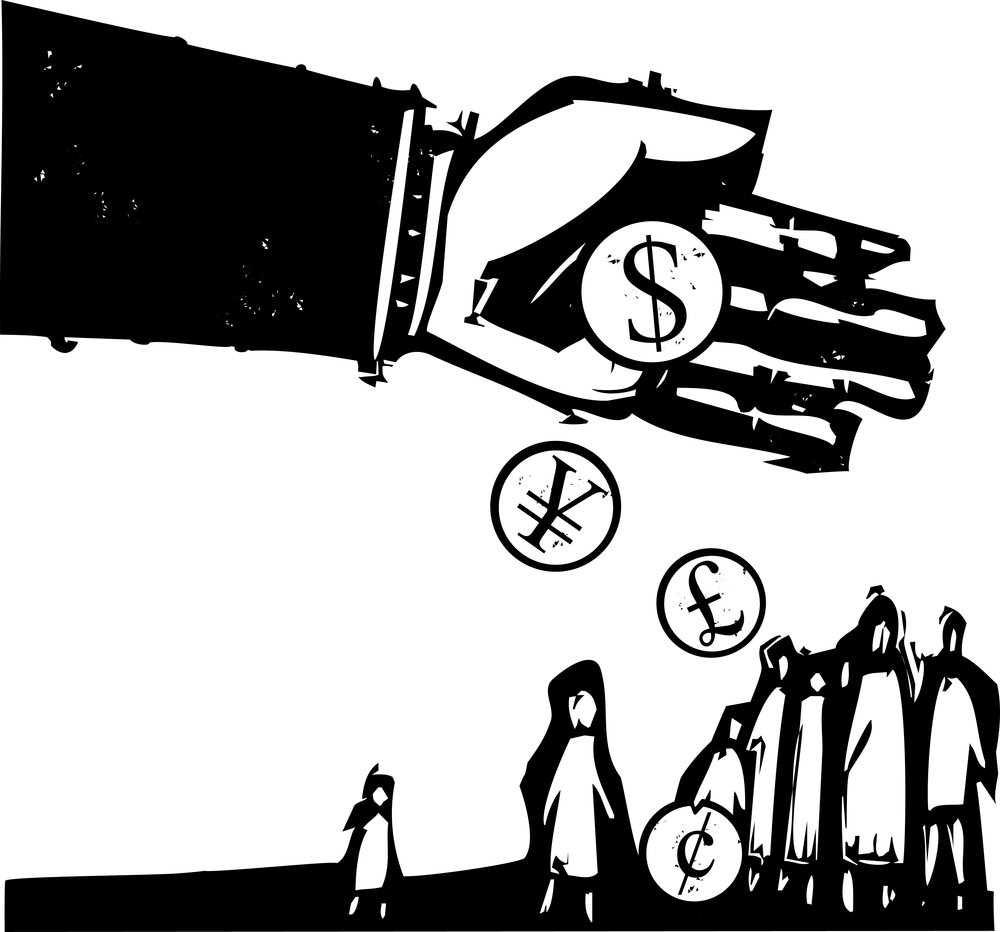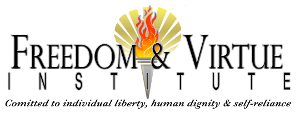As the COVID-19 health catastrophe begins to recede, other problems that it caused will take center stage. With more Americans out of work now than at any time since the Great Depression, unemployment will no doubt become one of the chief concerns of the coming months, if not years. It may be an opportune time to ask a basic question: Why does it matter?
Some will scoff at the question. The answer is obvious, they’ll say. Unemployment means that people who want jobs can’t get them. Jobs provide income; income provides goods and services; goods and services provide sustenance, shelter, entertainment, pleasure. Employment is the means to the good life.
That answer is satisfactory, as far as it goes. But a full answer goes farther. Human work is more than remunerative labor, a path to a paycheck. It is a source of human dignity.

The economic pain imposed by the pandemic has highlighted this fact. The employment crisis came suddenly: In two months the US went from a booming economy with millions of unfilled jobs to an economic death spiral with millions of Americans idled by business closures, layoffs, and furloughs. This is more than a material, financial problem. It is a spiritual, human problem.
Work, wrote the Reformed theologian Lester DeKoster, “is the form in which we make ourselves useful to others.” Work thus includes remunerative labor—what we do for a paycheck—but it also includes unpaid labor in the home, charity and volunteer service, and avocations that add beauty and enjoyment to the world.
DeKoster’s quote also captures the other-directed nature of work. To be genuine work it must take into account the needs and wants of other people. A free economy helps to ensure this though the market mechanism. People’s needs are expressed as demand in the market, and those who supply the goods and services to meet those needs are rewarded financially.
The monetary rewards attached to serving others reflects one part of the paradox of the other-directed character or work. That is, by meeting others’ needs we are able to meet our own. But the paradox is deeper. It is in labor for others that we find meaning for ourselves. While it’s true that most people seek careers that are suited to them—that fit their talents and interests—doing something solely because it interests us is not enough. Our passion for our work only finds genuine fulfillment when others appreciate that work.
Again, the social isolation of the pandemic has underlined this truth. Many people who have been forced out of work have been able to do things that interest them: watching movies, gardening, reading, playing games, home improvement. But they also sense that these activities are limited in their scope and impact. They want to put their training and talents to full use once again, to the benefit of society. There is a natural yearning to cooperate with others in the creation of things of value to others.
For Christians, work has a theological dimension as well. “Ora et labora,” prayer and work, is the centuries-old motto of the Benedictine monastic tradition. The Lutheran theologian Dietrich Bonhoeffer expressed the same idea in his reflection on Paul’s exhortation to “pray without ceasing” (1 Thess. 5:17): “The prayer of the Christian reaches, therefore, beyond the time allocated to it and extends into the midst of the work. It surrounds the whole day, and in so doing, it does not hinder the work; it promotes work, affirms work, gives work great significance and joyfulness.”
From these observations we can see the falsity of the dichotomy set up by some between “health” and “the economy.” The economy is not merely—not even primarily—a matrix of financial transactions or a system for the exchange of material goods. It is the cooperative-competitive interaction of human persons, striving for the welfare of each and all. It is life itself. Work is at its heart. Even in the midst of fear and disease, we must find a way to empower people to work. If we don’t, we will be undermining rather than saving life, health, and human dignity.
About the Author

Kevin Schmiesing is director of research at the Freedom and Virtue Institute and a research associate at the Veritas Center for Ethics in Public Life. He has published many books and articles in the fields of Christian social thought and religious and economic history and has served as executive editor of the Journal of Markets & Morality and the Catholic Social Science Review. He talks about Church history as a regular guest on the EWTN global Catholic radio network. He is a native of Ohio, where he currently resides with his wife and children.


